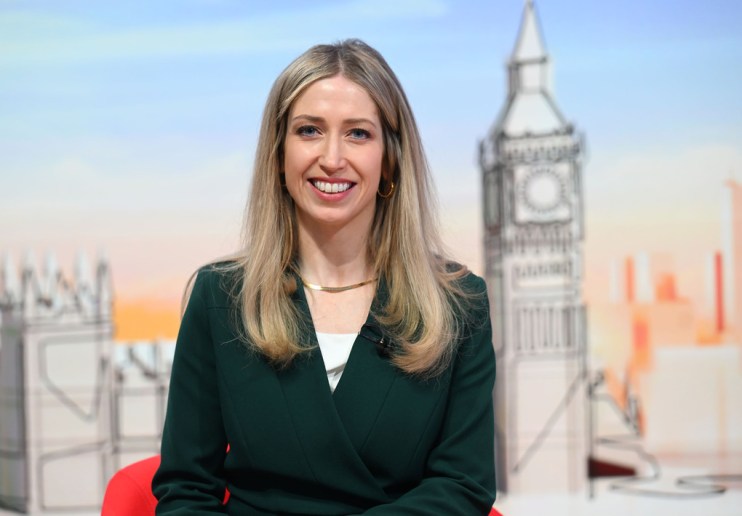Treasury minister fails to rule out further tax cuts ahead of election

A senior government minister has not ruled out the possibility of more tax cuts ahead of a general election, stating that the Autumn Statement had “set the direction of travel”.
Laura Trott, the chief secretary to the Treasury, told Sky News today that the Conservative government wanted to “bring the tax burden down” but would not say whether there would be future tax cuts.
Speaking on the Sunday Morning with Trevor Phillips programme, Trott said: “We don’t comment on future fiscal events.
“But what I would say is that we have set a direction of travel to grow the economy, to support businesses and to reward work, and we want to bring that tax burden down over time in a responsible way.”
Her comments came after Chancellor Jeremy Hunt announced a national insurance cut worth £10bn in his fiscal event this week, and follows Prime Minister Rishi Sunak telling the Mail On Sunday that his government would “do more when we can” on tax cuts.
Trott also told the BBC’s Sunday with Laura Kuenssberg programme that ministers were being “straight” with the public on the level of tax cuts.
She said: “If you are on average income, because of the changes that we’ve made, your tax burden will have gone down quite significantly.”
And Trott added: “We have been very open about that. If you are on some of the highest wages, we have asked you to take more of the burden.
“That is a policy decision that we have taken but the overall direction now – we have turned a corner, we are going to bring taxes down but we’re going to do it in a non-inflationary way.”
It comes after Labour accused the Tories of a “dirty dozen” stealth taxes worth £23bn, from green levies, tobacco duty and ISA freezes – which they say will cost households £800 a year.
Shadow chief Treasury secretary Darren Jones said: “While the Chancellor sold his Autumn Statement as a generous reward, look at the small print and it’s a Trojan horse packed with stealth taxes.”
Jones also told the BBC the UK faced “deep structural problems”, including in the economy, labour market and public services, and said Labour would use switch spends to tackle them.
He said Labour had already identified areas where the Tories currently spend money ineffectively “that we think we could spend more effectively to solve problems”.
One example, he said, was the asylum backlog, adding: “There’s been an underspend in certain budgets that we think we can spend on recruiting more senior case workers to make decisions more quickly.”
